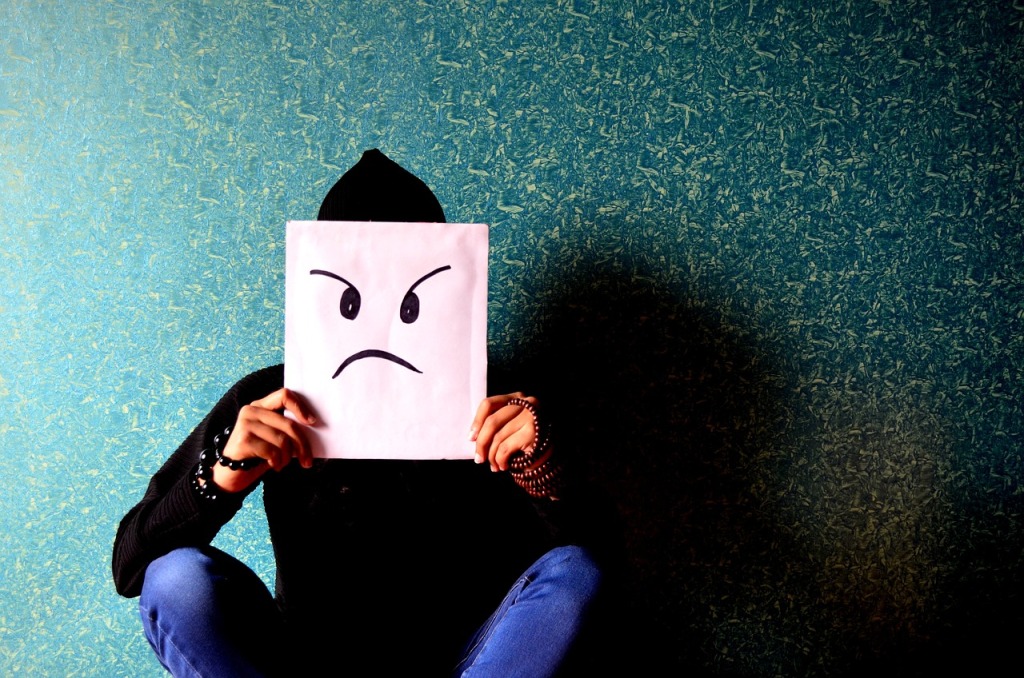
Everyone gets irritated at times especially if they are hungry or tired. People with bipolar disorder are often more sensitive to fluctuations in their internal and external environment and can become more agitated, anxious, sad, or angry than the situation would warrant for those without bipolar disorder. Examples of these fluctuations include:
Internal triggers
- Hunger
- Anger
- Loneliness
- Fatigue
- Being cold or hot
- Pain
External triggers
- Noises
- Lights
- Other people’s emotions or moods
- Tactile input such as touch by clothing or other people
- Smells
Some ideas to help combat these triggers
- Eat at regular intervals and always carry snacks and water with you when you leave the house.
- Talk to others, journal or exercise when angry or if you are in a 12-step program work the steps on it.
- Make contact with people in real life on a regular basis.
- Go to bed and get up around the same time everyday.
- Dress in layers and always keep a jacket or coat in the car. You never know when a restaurant or store will be extra cold. Keep a cold wet cloth in a small cooler during hot weather to place on your forehead or the back of your neck.
- Always carry pain reliever with you when you leave the house.
- Use ear plugs that cut down on the decibel level of the environmental noise.
- Wear a hat or sun glasses to shade the light.
- Practice setting boundaries and blocking out other people’s emotions.
- Remove yourself from situations where other people’s emotions and behaviors cause you distress.
- Cut the tags out of clothing.
- Wear comfortable clothing like loose shirts and elastic waist pants.
- Remove yourself from noxious orders or keep a cloth with you that has a scent you like on it to bring to your nose when you can’t get away from a smell.
What are some of your triggers and how do you deal with them?
